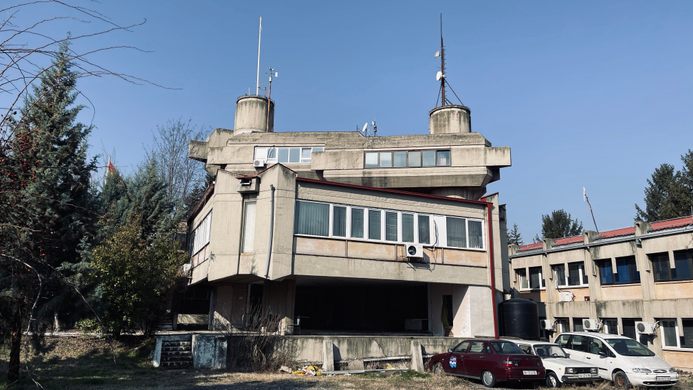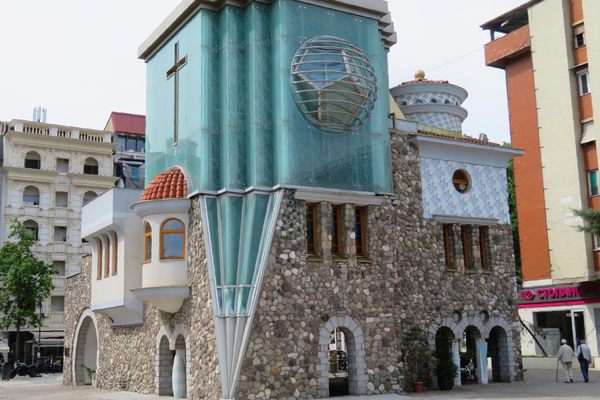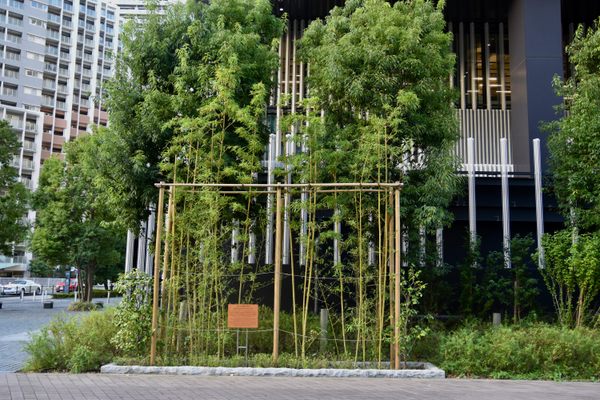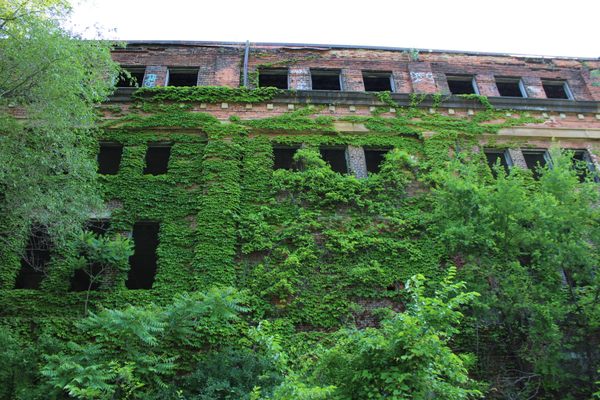Skopje Hydrometeorological Service Building
A solar-powered primary school inspires hope and experimentation in a country ripe for energy innovation.
As debate and concern over carbon emissions increases around the world, it may in fact be smaller nations who are in the best position to transition from burning fossil fuels to alternative energy sources.
Countries like North Macedonia are experimenting with widely distributed solar power, and initiating robust tax and economic incentives to support these efforts. At the Hydrometeorological Service Institute, part of a primary school in Skopje, North Macedonia, the roof is covered with solar panels in one of the first efforts to create a large-scale building with complex needs completely self-sufficient when it comes to energy.
Massive government programs aren’t the goal of this experiment and others like it in North Macedonia. Rather, they, combined with hearty tax breaks for those who follow suit, are meant to be a proof of concept for individualized sustainability efforts on the small-scale. Homeowners all over the country struggle with obtaining heat and electricity, and using solar panels to supply part or all of that electricity would be a huge benefit to the individuals living there leading to a more sustainable North Macedonia overall.
That’s a lot of hope to pin on one instance of solar-powered innovation, but if the Hydrometeorological Service is right about the impact of their program, it could eventually take North Macedonia past the wealthiest of nations in terms of per-capita sustainability.




















Follow us on Twitter to get the latest on the world's hidden wonders.
Like us on Facebook to get the latest on the world's hidden wonders.
Follow us on Twitter Like us on Facebook